Handwashing stations to prevent diseases in South Sudan
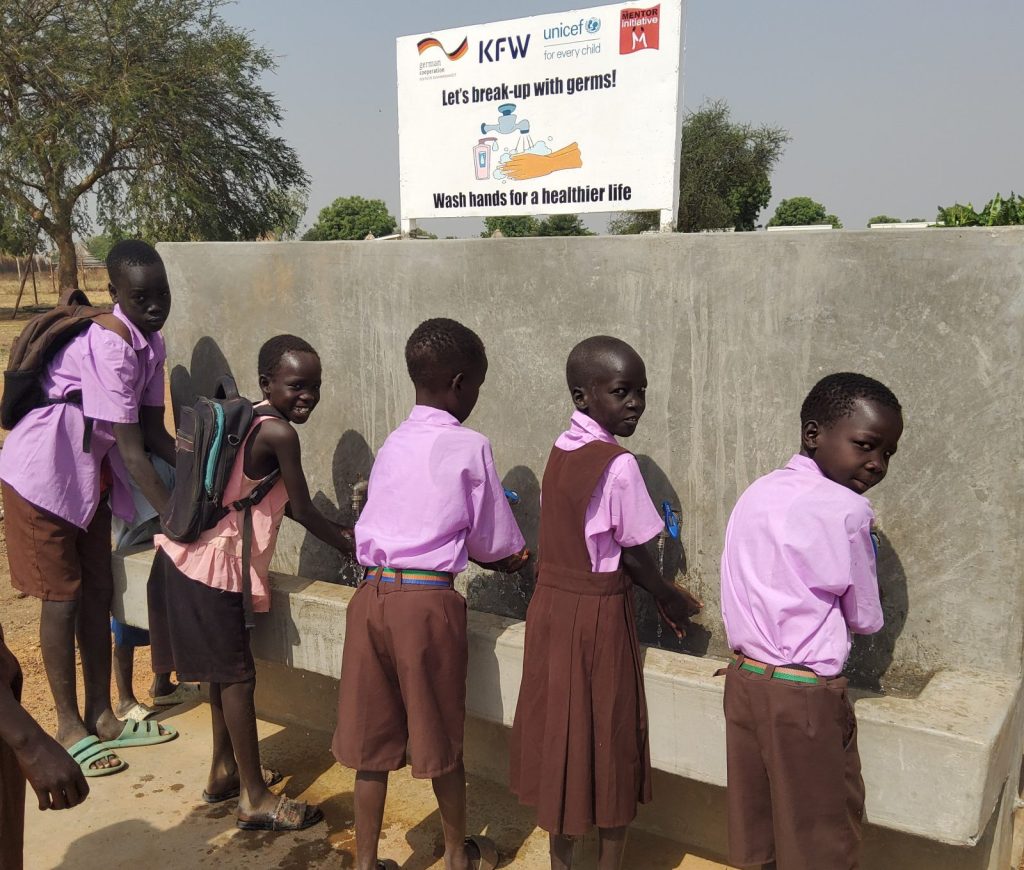
New handwashing stations in schools and health facilities are helping to prevent diarrhoeal and respiratory diseases in South Sudan, ensuring children stay healthy and don’t miss school. 24 hand washing stations have been successfully installed so far this year, improving access to handwashing and soap for around 7,000 children. These are on top of 5 […]
World Mosquito Day
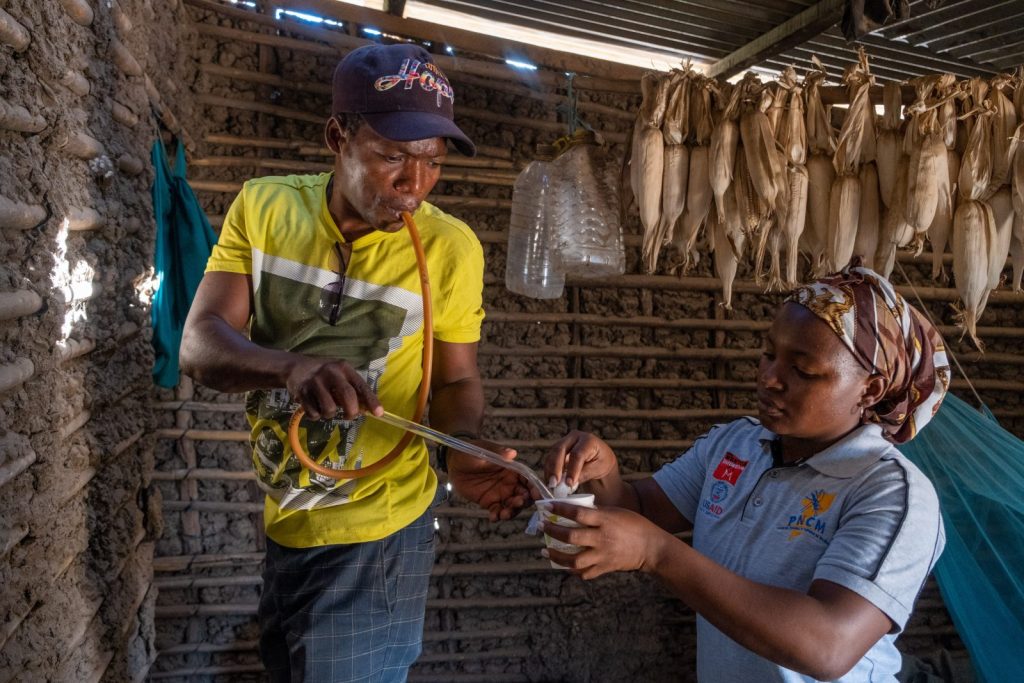
“The entomological monitoring of mosquito behaviour is critical to reduce deaths and suffering from the diseases they transmit,” says Mohammad Kamal, MENTOR Research Coordinator in Yemen speaking on World Mosquito Day (20 August).“Regular surveillance of the world’s deadliest animal, which spread diseases such as malaria and dengue, ensure MENTOR programmes make the most impact and […]
NTD prevention in South Sudan
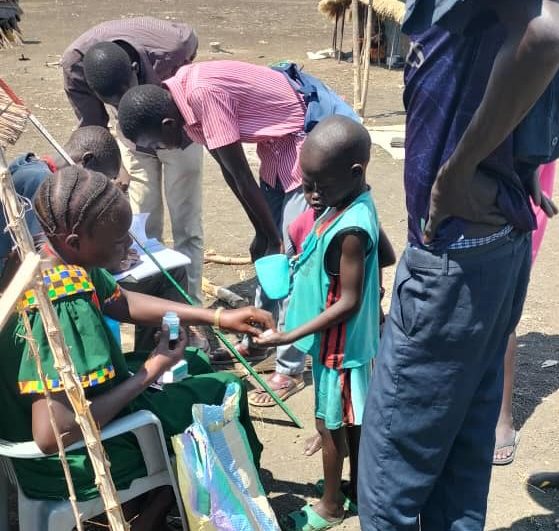
A mass drug administration (MDA) campaign targeting onchocerciasis (also known as ‘river blindness’) and lymphatic filariasis began in South Sudan earlier this month. These two Neglected Tropical Diseases (NTDs) are among the five endemic NTDs that respond to Preventive Chemotherapy (PC-NTDs). MENTOR and the NTD Department of the South Sudanese Ministry of Health are delivering […]
Sustainable water and sanitation in South Sudan

59% per cent of the population in South Sudan does not have access to safe water, according to UNICEF. Dirty water, poor hygiene practices and a lack of sanitation significantly increases the risk of diseases like cholera and acute diarrhoea – the leading cause of death among children in the country. This crisis is compounded […]
Improving hygiene and sanitation in South Sudan
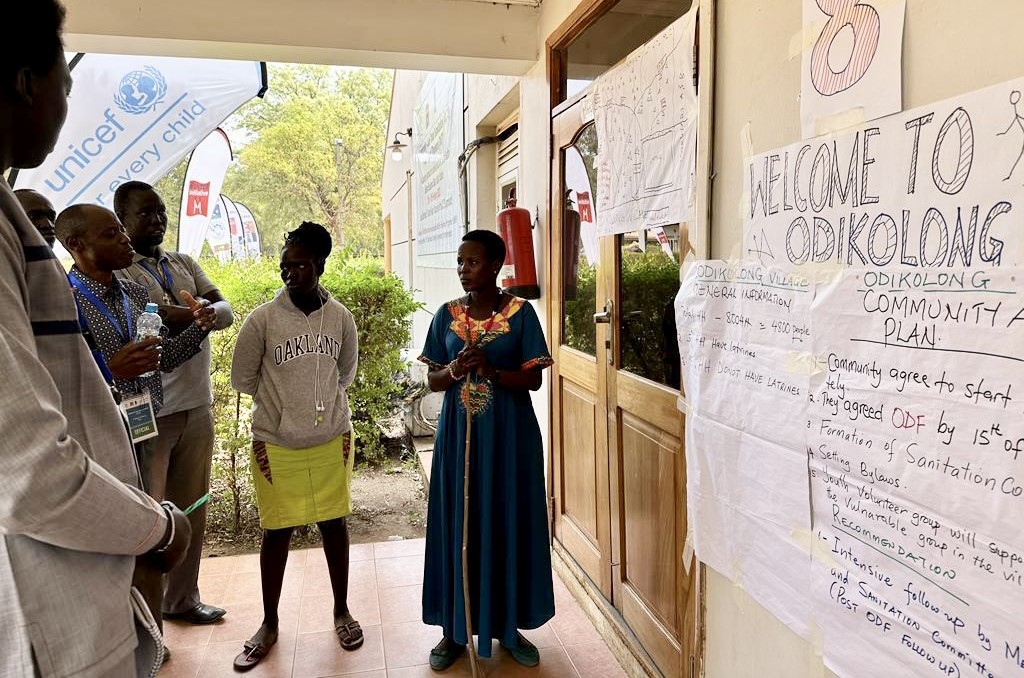
Around 70 people completed training in Community-Led Total Led Sanitation (CLTS) in Torit, South Sudan last week as part of an initiative to make the entire country open defecation free by 2030. South Sudan remains one of the countries with the highest rates of open defecation worldwide. The newly equipped trainers will introduce the effective […]
World NTD Day
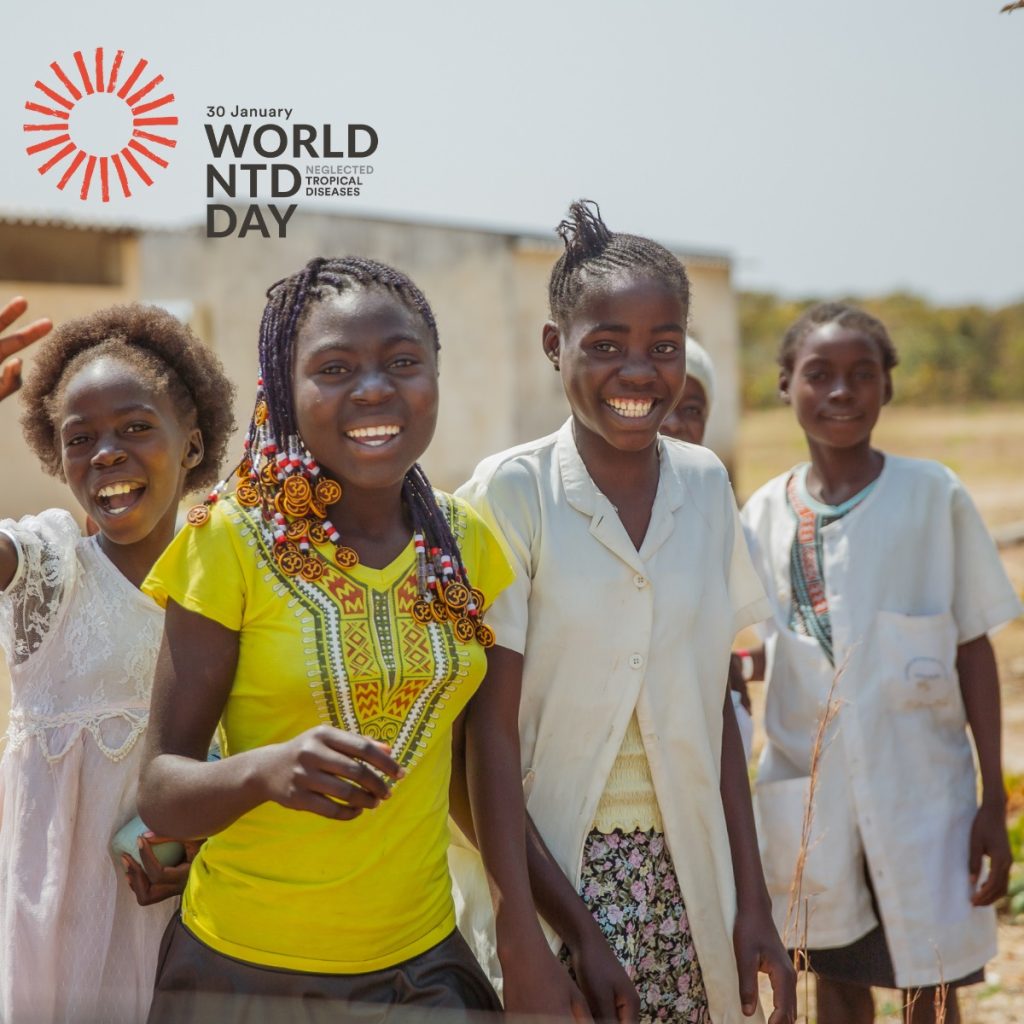
Neglected Tropical Diseases (NTDs) are estimated to cause suffering to over 1.7 billion people worldwide. MENTOR is working with its partners to tackle NTDs such as dengue and leishmaniasis, in the challenging context of humanitarian emergencies. The disease burden is especially high in these settings due to conflict, inaccessibility and populations that are often displaced […]
Communities in South Sudan celebrate Open Defecation Free status

Communities in Eastern Equatoria State, South Sudan came together with MENTOR staff and ministry officials in October to celebrate a number of villages being declared Open Defecation Free (ODF). So far 60 communities have been declared ODF, which is achieved after a year since Community-Led Total Sanitation (CLTS) activities were implemented. This initiative is part […]
Sharing best practice at the Neglected Tropical Diseases Conference, September 2022
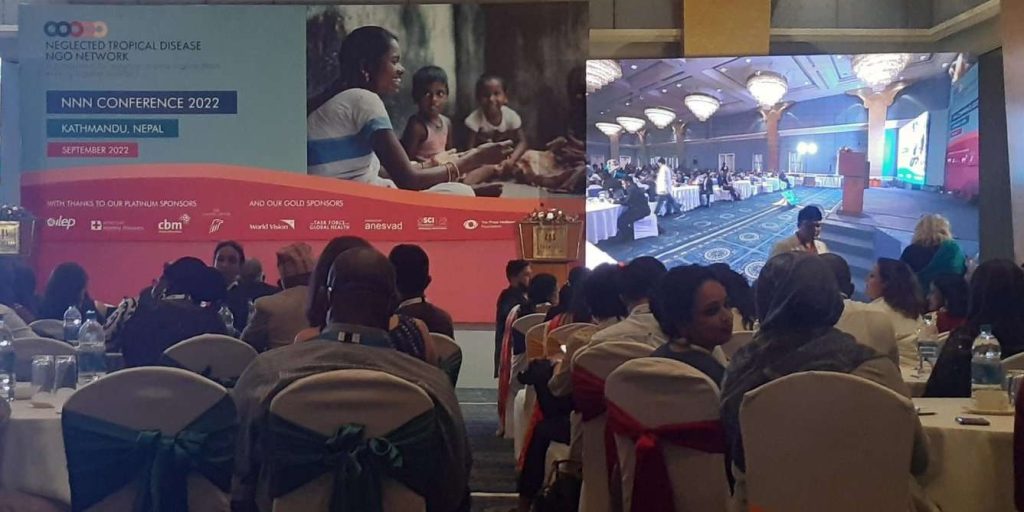
The MENTOR Initiative, a sponsor of the Neglected Tropical Diseases NGO Network (NNN) conference, attended in person to share experiences and best practice with implementing partners and national NTD programmes. MENTOR is an active member of NNN and contributed to some of the cross-cutting groups that met. The theme of the conference: NTDs in health […]
Targeting Neglected Tropical Diseases in South Sudan
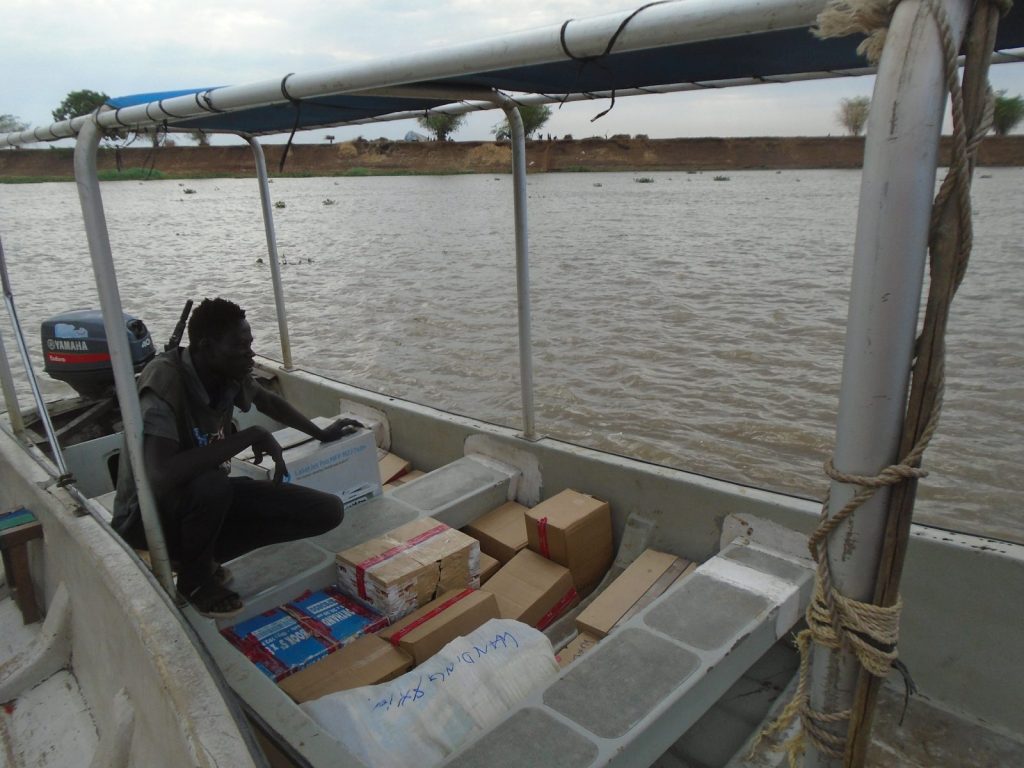
The MENTOR Initiative is working closely with its partners to control and subsequently eliminate onchocerciasis and lymphatic filariasis in South Sudan, which are among the five endemic Neglected Tropical Diseases that respond to Preventive Chemotherapy (PC-NTDs). MENTOR and the South Sudan National NTD Programme, with funding from The END Fund, is targeting onchocerciasis – commonly […]
The Visionaries – PBS documentary in Maban, South Sudan
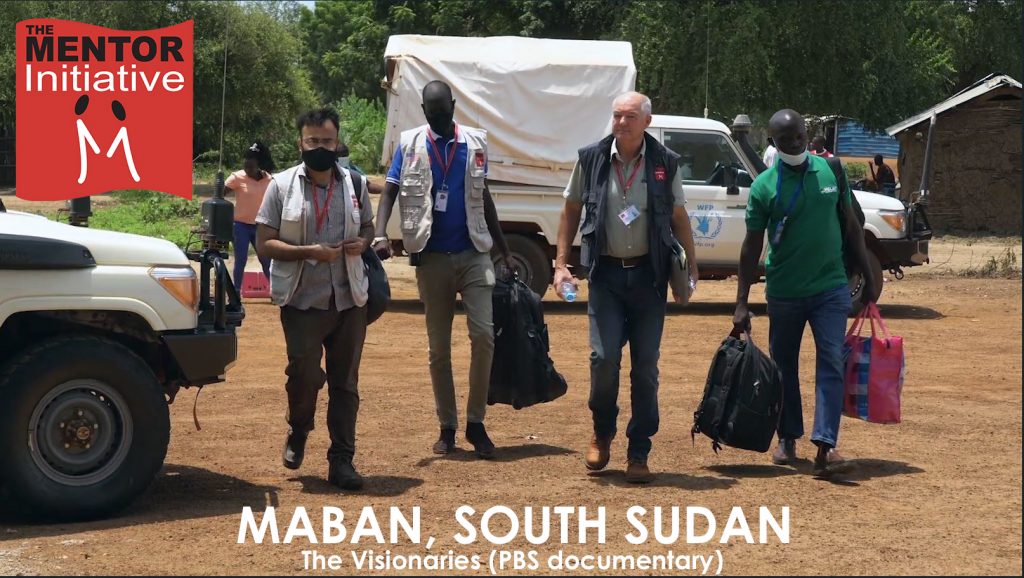
In September, 2021, the team behind the PBS documentary “The Visionaries” visited Maban, South Sudan with the support of The MENTOR Initiative to cover the story of MENTOR’s decade of work in the country, providing host communities and IDPs/refugees with support against the problems of malaria and vector-borne diseases. The Visionaries team spent 3 days […]
